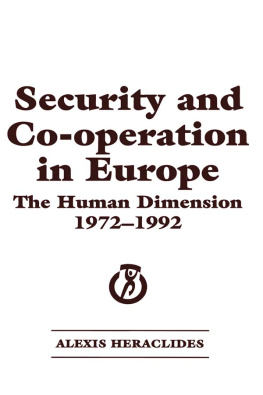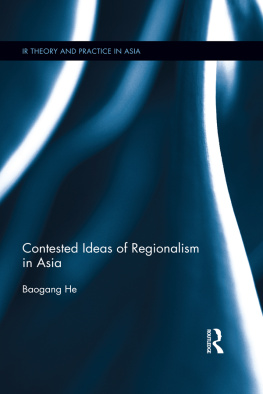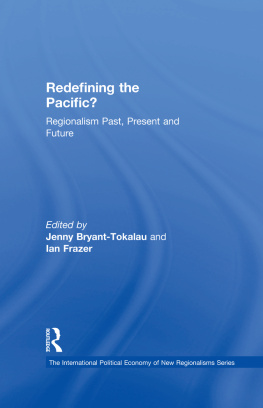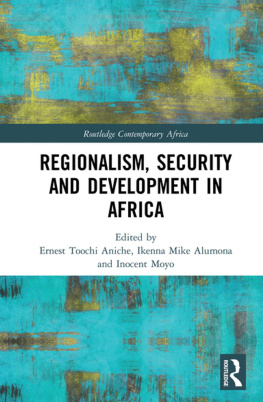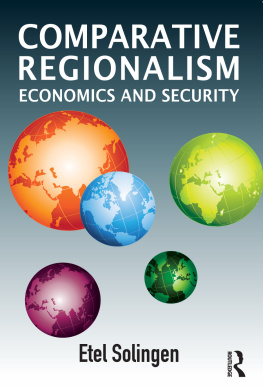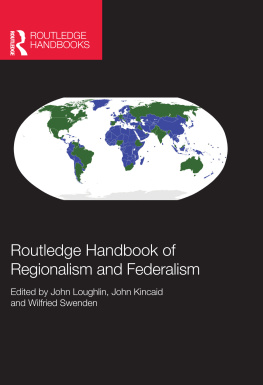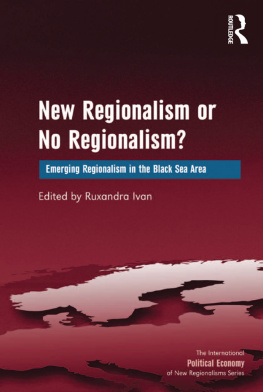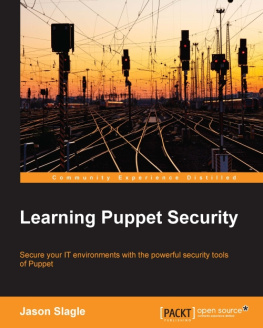Jason C. Hu - Chinese Regionalism: The Security Dimension
Here you can read online Jason C. Hu - Chinese Regionalism: The Security Dimension full text of the book (entire story) in english for free. Download pdf and epub, get meaning, cover and reviews about this ebook. year: 1994, publisher: Westview Press, genre: Politics. Description of the work, (preface) as well as reviews are available. Best literature library LitArk.com created for fans of good reading and offers a wide selection of genres:
Romance novel
Science fiction
Adventure
Detective
Science
History
Home and family
Prose
Art
Politics
Computer
Non-fiction
Religion
Business
Children
Humor
Choose a favorite category and find really read worthwhile books. Enjoy immersion in the world of imagination, feel the emotions of the characters or learn something new for yourself, make an fascinating discovery.
- Book:Chinese Regionalism: The Security Dimension
- Author:
- Publisher:Westview Press
- Genre:
- Year:1994
- Rating:4 / 5
- Favourites:Add to favourites
- Your mark:
- 80
- 1
- 2
- 3
- 4
- 5
Chinese Regionalism: The Security Dimension: summary, description and annotation
We offer to read an annotation, description, summary or preface (depends on what the author of the book "Chinese Regionalism: The Security Dimension" wrote himself). If you haven't found the necessary information about the book — write in the comments, we will try to find it.
Chinese Regionalism: The Security Dimension — read online for free the complete book (whole text) full work
Below is the text of the book, divided by pages. System saving the place of the last page read, allows you to conveniently read the book "Chinese Regionalism: The Security Dimension" online for free, without having to search again every time where you left off. Put a bookmark, and you can go to the page where you finished reading at any time.
Font size:
Interval:
Bookmark:
RichardH.Yang,
JasonC.Hu,
PeterK. H.Yu,
andAndrewN. D.Yang

605 Third Avenue, New York, NY 10017
2 Park Square, Milton Park, Abingdon, Oxon OX14 4RN
Product or corporate names may be trademarks or registered trademarks, and are used only for identification and explanation without intent to infringe.
Chinese regionalism: the security dimension / edited by Richard H.
Yang... [et al.].
p. cm.
ISBN 0-8133-8853-8
1. National securityChina. 2. China. Chung-kuo jen min chieh
fang chnPolitical activity. 3. RegionalismChina. I. Yang,
Richard H.
UA835.C452 1994
355'.033051dc20 93-50193
CIP
ISBN13: 978-0-3671-6669-4 (pbk)
- 2 Warlordism and Military Regionalism in China
- 3 Regionalism in China: The Role of the PLA
- 4 Chinese Regional Forces as Political Actors
- 5 Profits Over Professionalism: The PLA's Economic Activities and the Impact on Military Unity
- 6 Chinese Regionalism and the PLA Air Force
- 7 The PLA Navy and Regionalism
- 8 The PLA and Regionalism: Explorations on the Roles of the Nanjing Military Region
- 9 The PLA and Regionalism in Fujian
- 10 The PLA in Guangdong Province: Warlordism and Localism
- 11 Sichuan Region: A Balance Sheet on its Status
- 12 The PLA and Regionalism in Manchuria
- 13 The PLA and Regionalism: Xinjiang
Font size:
Interval:
Bookmark:
Similar books «Chinese Regionalism: The Security Dimension»
Look at similar books to Chinese Regionalism: The Security Dimension. We have selected literature similar in name and meaning in the hope of providing readers with more options to find new, interesting, not yet read works.
Discussion, reviews of the book Chinese Regionalism: The Security Dimension and just readers' own opinions. Leave your comments, write what you think about the work, its meaning or the main characters. Specify what exactly you liked and what you didn't like, and why you think so.



